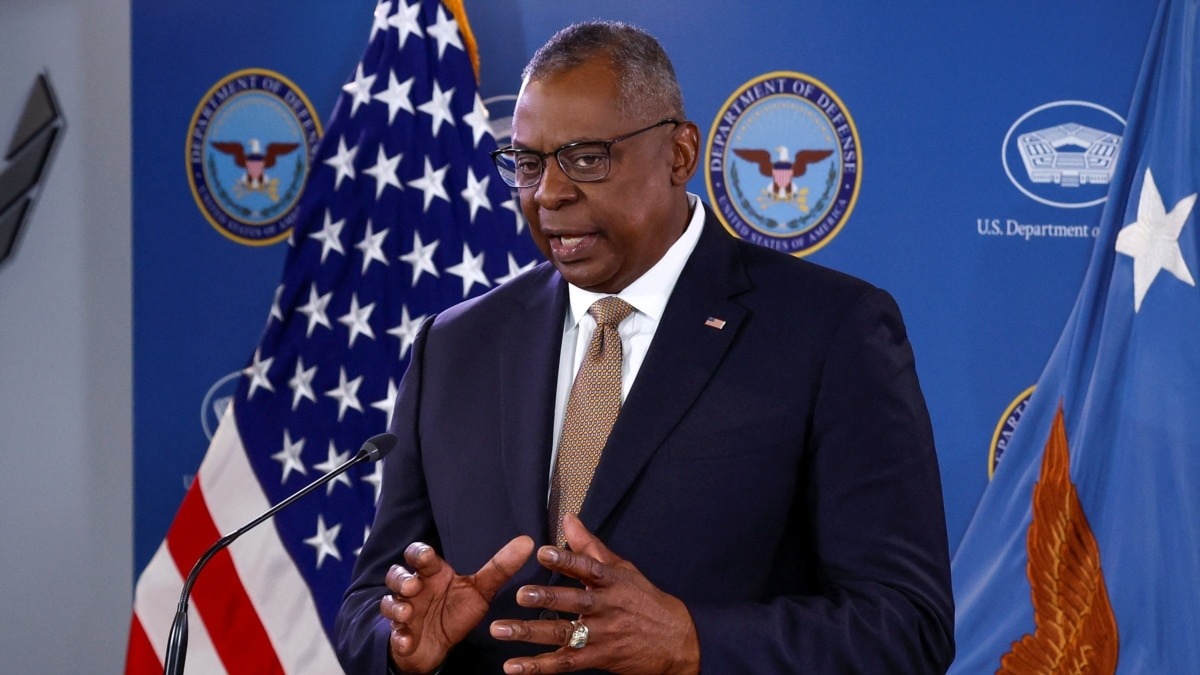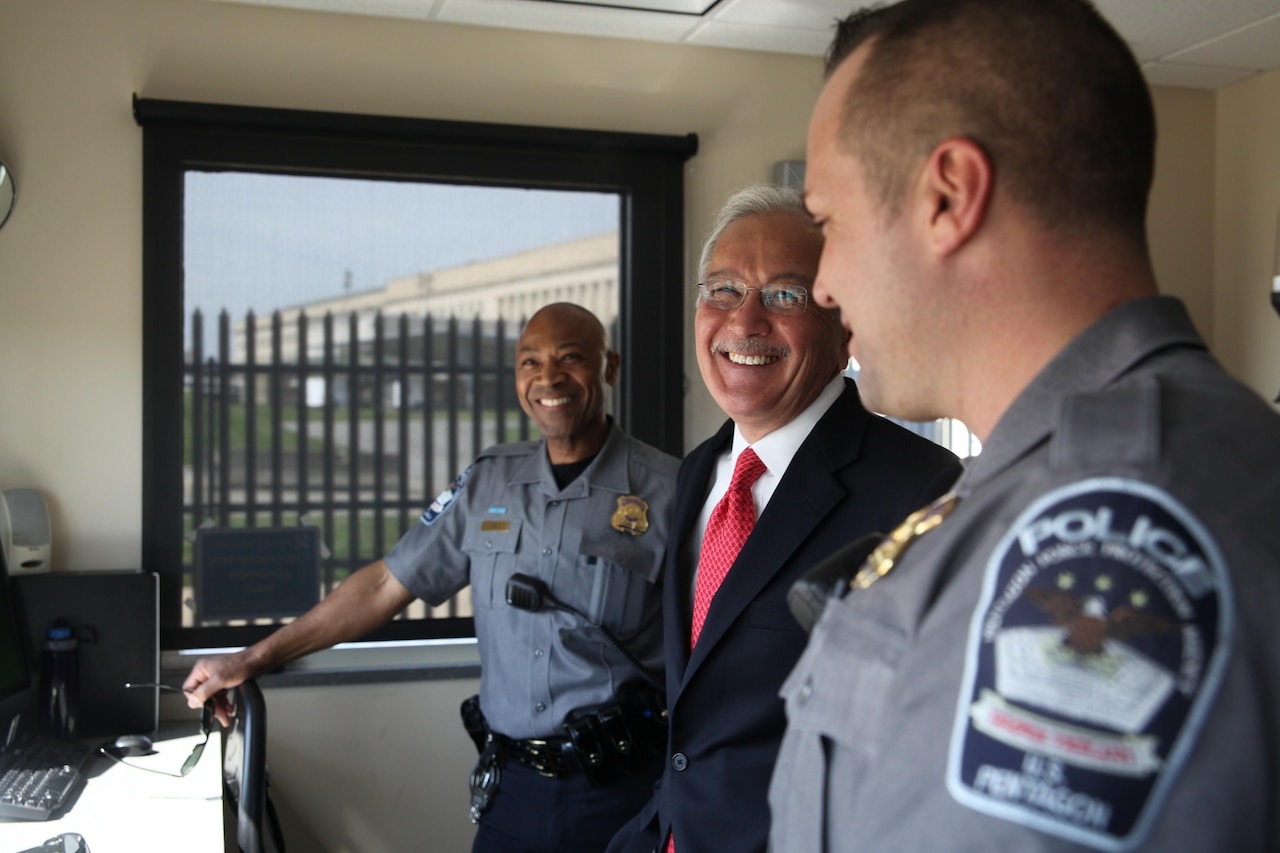Despite mounting concerns regarding the potential leakage of sensitive US technologies to China, a particular advisory group known as JASON has advocated a cautious approach to imposing broad new controls over fundamental science.
In a report released on Thursday, the group emphasized the importance of avoiding measures that could inhibit important discoveries while still addressing security risks.
Formed in 1960 during the height of the Cold War, JASON comprises top American scientists who provide confidential advice to the Pentagon and security services. Despite calls for designating specific scientific sub-disciplines as risky, similar to measures adopted by the Canadian government in January, JASON rejected such broad-brush security approaches.

Pentagon Chief (Credits: VOA News)
Echoing longstanding US government principles established since at least the Reagan administration, JASON emphasized that fundamental research should only be restricted in cases of national security classification.
The group underscored the validity of these principles today and recommended a project-by-project evaluation of security risks when scientists apply for grants from the National Science Foundation (NSF).
Rather than implementing broad rule changes, JASON proposed assessing security risks on a case-by-case basis at the time of grant application. If a research project is deemed sensitive, the group suggested various steps short of restricting access, such as revising proposals, demanding more frequent progress reports, or implementing special cybersecurity safeguards.
The group cautioned against the adoption of broad new rules for “controlled unclassified information,” describing them as a blunt and ineffective tool for security. Instead, it advocated for a nuanced approach that balances security controls with the principles of open science.

Llyod Austin (Credits: The Independent)
US concerns over the leakage of sensitive research results to unfriendly countries, particularly China, have escalated since at least 2019. In response, Congress mandated stricter measures to protect sensitive research results in 2022, leading the NSF to establish a new clearinghouse of information and guidelines on research security.
Similar security reviews are underway in Western-allied countries, including the EU, Britain, Australia, Canada, Japan, and Korea. In January, the European Commission proposed new measures to enhance research security, primarily driven by concerns about China.
The unclassified JASON report, mandated by Congress under the 2022 CHIPS & Science Act, underscores the ongoing efforts to address national security concerns in research. The NSF, tasked with analyzing the findings, is expected to consider implementing the recommendations as it finalizes its security review by the May 22 deadline stipulated by law.
























